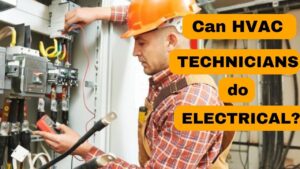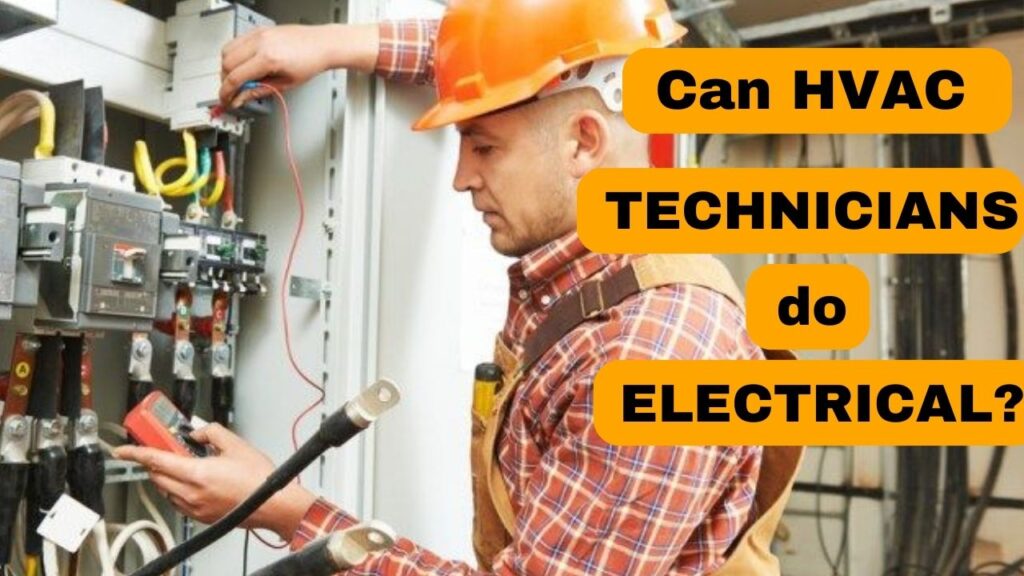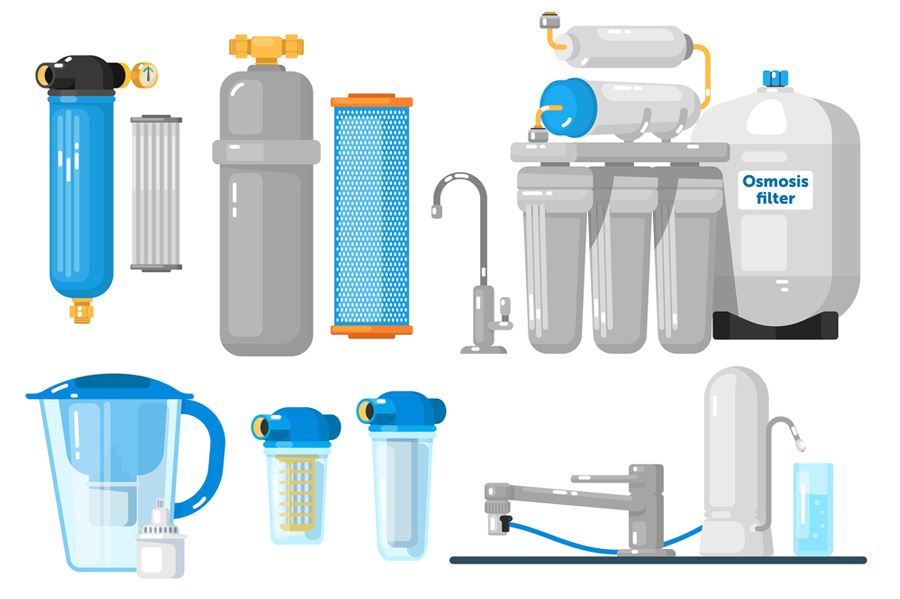Can HVAC technicians do electrical?
When it comes to the intricate dance of heating, ventilation, and air conditioning systems (HVAC), technicians are the maestros orchestrating the perfect climate symphony. But in the ever-expanding world of skilled trades, a sizzling debate has been cooking: Are HVAC technicians truly wired for electrical work? Let’s dive into the circuitry of this electrifying discussion and shed some light on whether HVAC technicians are qualified to spark up electrical tasks.
Diving into the Skill Set At the heart of this debate lies a tangle of skills. HVAC technicians, armed with their expertise in cooling and heating systems, are adept at troubleshooting complex mechanical issues. However, skeptics argue that the wires and currents of electrical systems require a different kind of prowess. On the flip side, proponents claim that HVAC technicians, in the course of their work, often encounter electrical components, making them more electrically savvy than one might think. After all, their daily interactions with systems that encompass both mechanics and electricity might just grant them a spark of qualification.
Common Ground: Overlapping Knowledge Consider this: HVAC systems are like the beating hearts of buildings, and electrical systems are their nervous systems. While they have distinct functions, there’s an undeniable symbiotic relationship. HVAC technicians need to understand electrical components like thermostats, relays, and capacitors to ensure the harmonious functioning of the systems they oversee. This inherent overlap suggests that HVAC technicians are not merely blowing hot air when it comes to electrical understanding.
Wiring Wisdom: Learning on the Job The debate might be electrifying, but one cannot ignore the value of experience. HVAC technicians, through years of hands-on work, gain an intimate understanding of how different systems interconnect. This real-world exposure equips them with a unique perspective that a textbook can’t provide. In the dynamic world of skilled trades, adaptability and a willingness to learn are the real power sources.
As the dust settles on this charged discussion, it’s clear that the answer isn’t black and white. The qualifications of HVAC technicians to undertake electrical work are influenced by factors like training, regulations, and individual capabilities. While some might argue that HVAC technicians are indeed wired for electrical tasks due to their overlapping knowledge, others emphasize the importance of specialized electricians handling high-voltage work. Safety remains paramount, regardless of who is tackling the task.
In the end, the debate highlights the fluid nature of skilled trades. Just as HVAC systems constantly evolve to meet modern needs, so too must the perceptions surrounding the qualifications of those who maintain them. So, whether HVAC technicians are qualified to delve into electrical work might not have a static answer—it’s a dynamic current that flows with the changing landscape of skills and knowledge in the trades industry.







